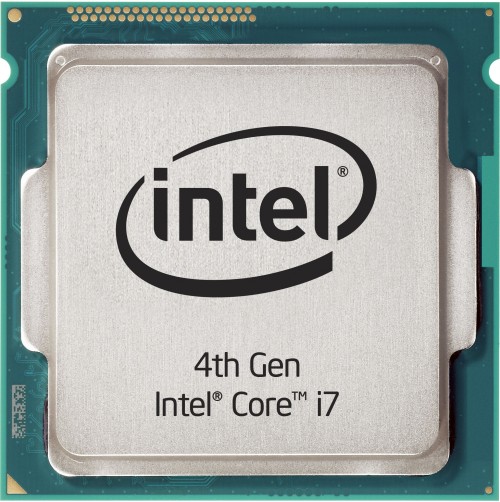- Qualcomm Launches Snapdragon 4 Gen 2 Mobile Platform
- AMD Launches Ryzen PRO 7000 Series Mobile & Desktop Platform
- Intel Launches Sleek Single-Slot Arc Pro A60 Workstation Graphics Card
- NVIDIA Announces Latest Ada Lovelace Additions: GeForce RTX 4060 Ti & RTX 4060
- Maxon Redshift With AMD Radeon GPU Rendering Support Now Available
Intel’s Haswell Processors Lack User-adjustable Turbo Multipliers
Say it ain’t so. Intel has reaffirmed its devotion to artificial market segmentation with a surprise Haswell owners may not have been expecting. The Tech Report’s eagle-eyed Geoff Gasior has apparently confirmed Intel has removed user configurable adjustments to the Turbo Boost functionality of its Haswell processors. At this point, only already-unlocked “K” model Haswell processors will still allow users to adjust Turbo multipliers.
Ever since its first introduction with Nehalem processors, Intel users have grown used to having the option for a “free” minor overclock of a few hundred MHz, and motherboard manufacturers have relied on it for quickly and easily boosting performance without needing to adjust CPU voltages.

Non-K processors already have the additional 125, 167, and 250MHz B-clock straps disabled, so with the removal of user-adjustable Turbo multipliers Haswell owners will be unable to overclock more than roughly 3% unless they spring for slightly more expensive 4670K ($242) or 4770K ($339) models.
Intel states it’s targeting non-K chips at “the business and consumer market where overclocking is generally not performed.” Apparently though, this also means overclockers that do buy “K” chips have zero use for handy features such as VT-d for lower kernel I/O overhead in virtualized machines, TXT, vPro, or the new TSX flags for transactional memory functionality, as all of these features are disabled on “K” model processors. If any user dares to want these features then one must buy a 3930K or 3970X processor instead, although TSX functionality will not be arriving to Intel’s enthusiast platform until 1H’15 at the earliest if reports are to be believed.
As recent reports (and personal experience) seem to indicate, serious overclockers will be better off simply sticking to the LGA2011 Sandy Bridge-E platform anyway. The continued use of thermal compound in place of fluxless solder under the IHS has given Haswell “K” processors not only a slightly worse overclocking profile than their Ivy Bridge predecessors but also a very hot reputation indeed. We’ll have to get Intel to add “fluxless soldered heatspreaders” as another feature on Intel’s datasheets for its upcoming Ivy Bridge-E processors, which are expected to debut late this year.



